Cuba year 1983 Summer Olympic Games – Los Angeles set
The 1984 Summer Olympic Games, officially known as the Games of the XXIII Olympiad, were held in Los Angeles, California, United States, from July 28 to August 12, 1984. Here are some key points about the 1984 Los Angeles Olympics:
- Host City: Los Angeles became the host city for the 1984 Summer Olympics after winning the bid in 1978. It was the second time that Los Angeles had hosted the Summer Olympics, the first being in 1932.
- Boycott: The 1984 Olympics were boycotted by the Soviet Union and 13 other Eastern Bloc countries in response to the United States-led boycott of the 1980 Moscow Olympics. This led to the absence of many top athletes from those countries in several events.
- Venues: The 1984 Los Angeles Olympics utilized existing facilities and venues throughout the city, including the Los Angeles Memorial Coliseum, which served as the main stadium for the Opening and Closing Ceremonies. Other venues included the Rose Bowl in Pasadena and the UCLA campus.
- Participation: Despite the boycott, 140 nations participated in the 1984 Olympics, with a total of 6,829 athletes (including 1,566 women) competing in 221 events across 23 sports.
- Athletic Achievements: The 1984 Olympics featured numerous memorable performances, including Carl Lewis winning four gold medals in track and field, Mary Lou Retton’s perfect 10 score in gymnastics, and Joan Benoit winning the inaugural women’s marathon.
- Commercialization: The 1984 Los Angeles Olympics were the first to be financed entirely by corporate sponsorships, ticket sales, and television rights, rather than government funding. This led to the Games being highly profitable and set a new precedent for Olympic financing.
- Cultural Impact: The Los Angeles Olympics featured elaborate opening and closing ceremonies, showcasing American culture and entertainment. It also introduced the world to the concept of Olympic mascot licensing, with the mascot “Sam the Olympic Eagle” generating significant revenue from merchandise sales.
- Legacy: The 1984 Olympics left a lasting legacy on Los Angeles, with many of the venues still in use today. The Games also set a new standard for commercialization and organization, influencing the future direction of the Olympic movement.

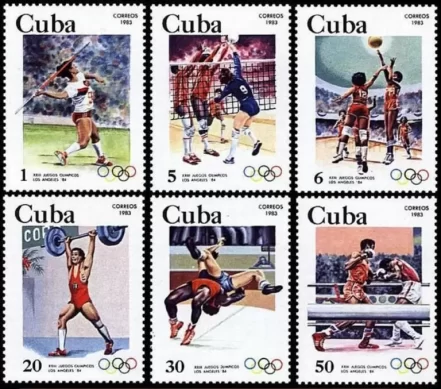
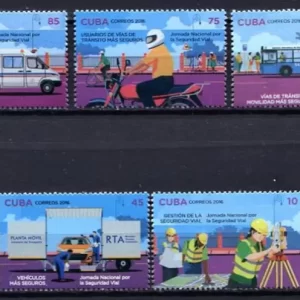
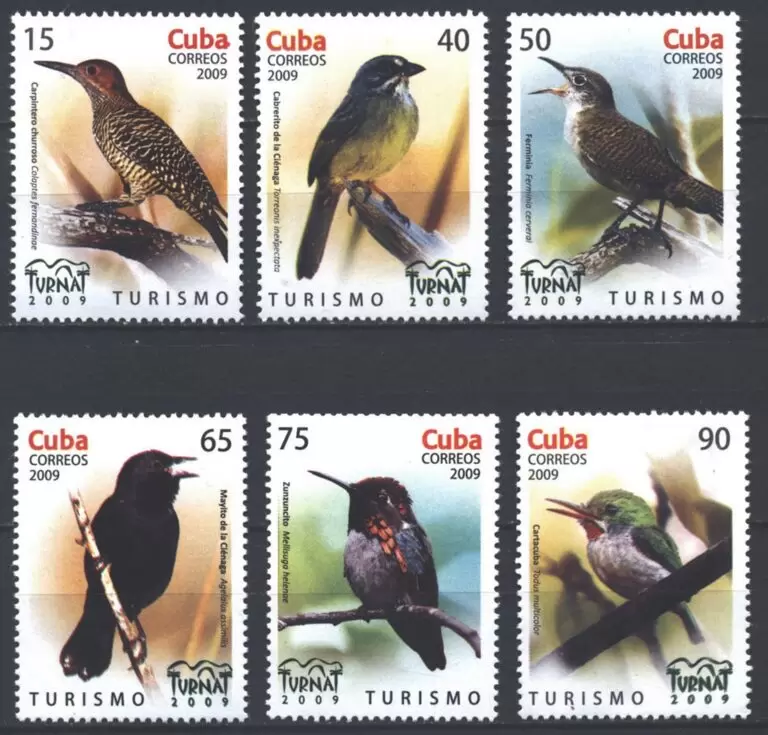
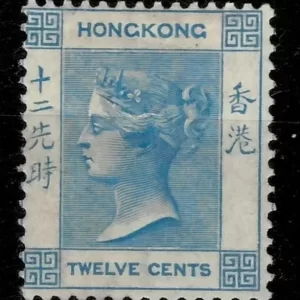
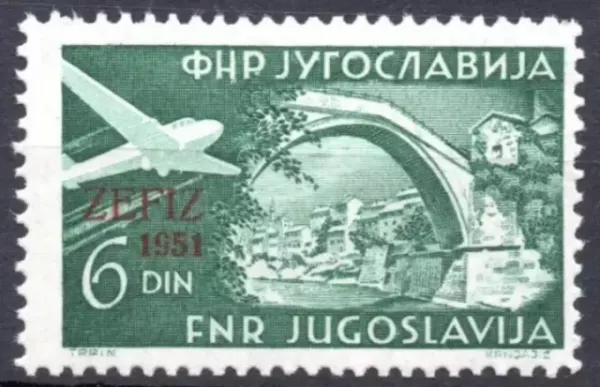

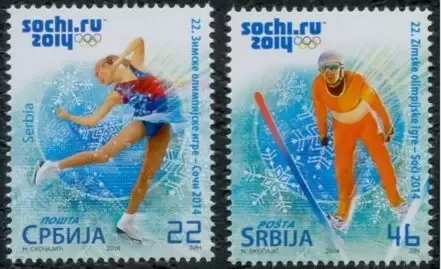
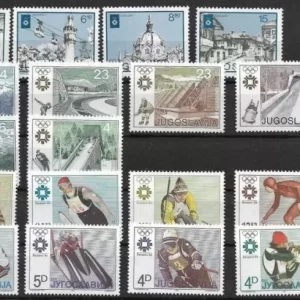
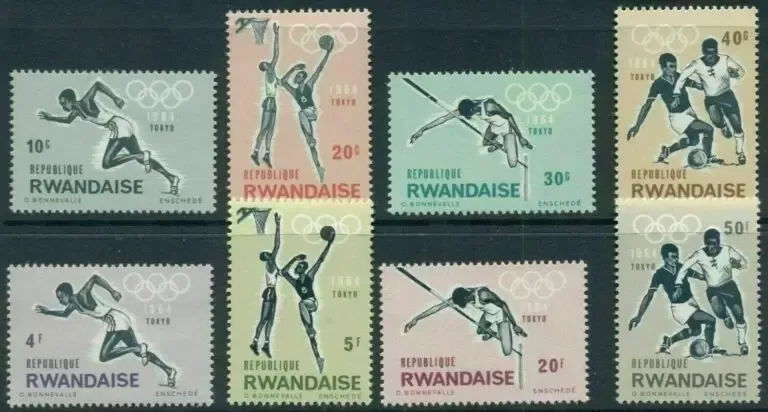

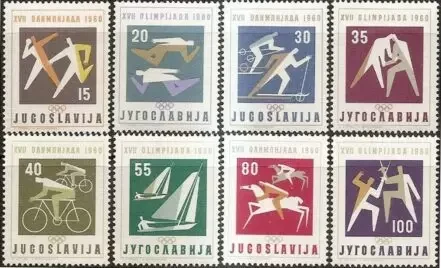
Reviews
There are no reviews yet.